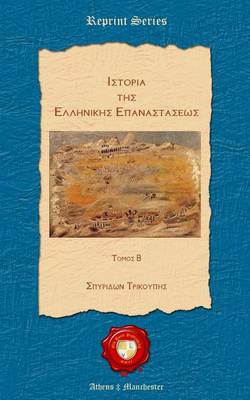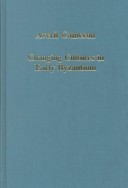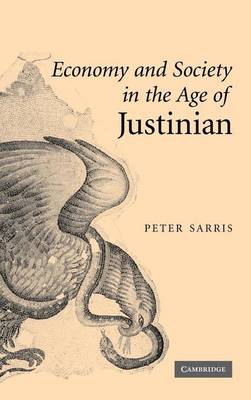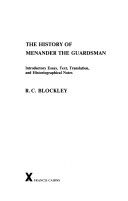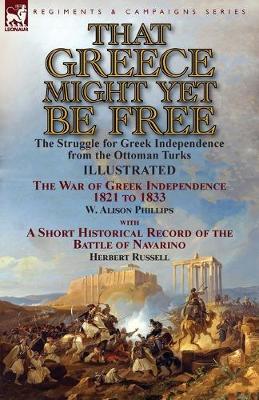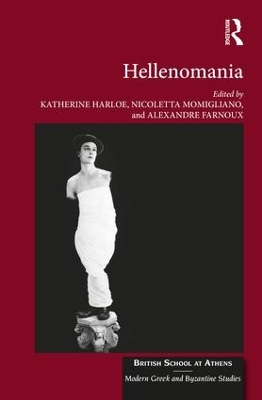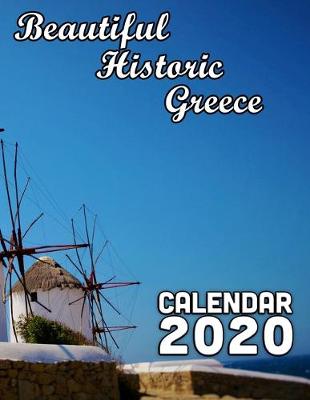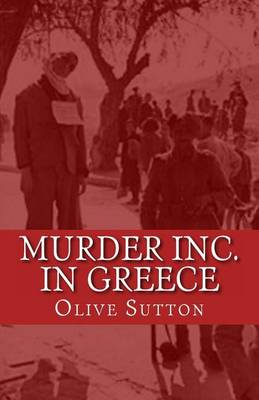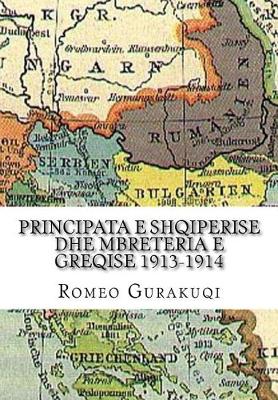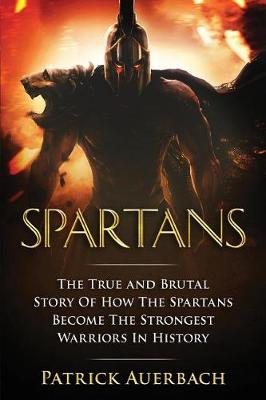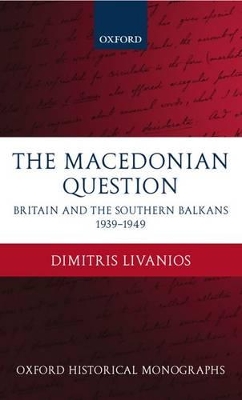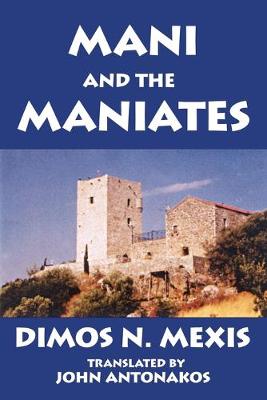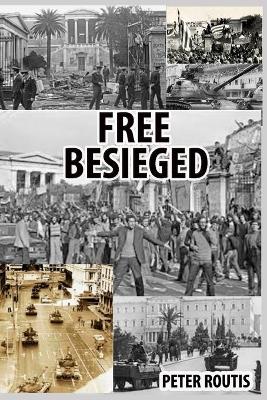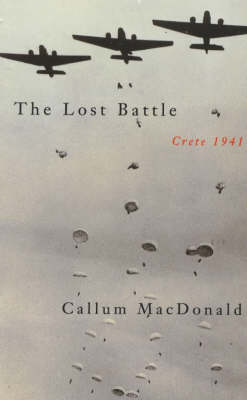Changing Cultures in Early Byzantium (Variorum Collected Studies, CS 536)
by Averil Cameron
These essays on the history and archaeology of Byzantine Asia Minor from the 4th-14th centuries include regional surveys of the south-west (Lycia and (Pampylia), as well as discussions of specific sites and other monuments. A variety of surviving remains are put into historical context, in order to show that the archaeological record is essential for recreating and understanding the nature and development of the Byzantine Empire.
The History of Menander the Guardsman (ARCA (Classical & Medieval Texts, Papers & Monographs) S., #17)
by R. C. Blockley
Almost all of the very little we know of Menander comes from the preface of his History. Having studied the law, Menander did not become an advocate, preferring instead to become a 'man-about-town'. He was saved from this life of degradation by the accession of the poetry and history enthusiast Emperor Maurice, and the rewards that being a writer could now bring. Whether his History was commissioned by the Emperor is not known, but he was certainly given some high-level encouragement. Menander's...
That Greece Might Yet Be Free
by W Alison Phillips and Herbert Russell
Hellenomania (British School at Athens - Modern Greek and Byzantine Studies, #5)
Hellenomania, the second volume in the MANIA series, presents a wide-ranging, multi-disciplinary exploration of the modern reception of ancient Greek material culture in cultural practices ranging from literature to architecture, stage and costume design, painting, sculpture, cinema, and the performing arts. It examines both canonical and less familiar responses to both real and imagined Greek antiquities from the seventeenth century to the present, across various national contexts. Encompassing...
Principata E Shqiperise Dhe Mbreteria E Greqise 1913-1914
by Romeo Gurakuqi
Traveller's History of Greece (Traveller's History S.) (Traveller's History of)
by Timothy Boatswain and Colin Nicolson
The many facets of Greece are presented in this book. "The Traveller's History" series is designed for the discerning holidaymaker who wishes to know more about the history of the country they are visiting than can be found in a guide. In "A Traveller's History of Greece", the reader is provided with a general history of Greece from its earliest beginnings down to the present day. It covers in a clear and comprehensive manner the classical past, the conflict with Persia, the conquest by the Roma...
The Macedonian Question - the struggle for control over a territory with historically ill-defined borders and conflicting national identities - is one of the most intractable problems in modern Balkan history. In this lucid and persuasive study, Dimitris Livanios explores the British dimension to the Macedonian Question from the outbreak of the Second World War to the aftermath of the Tito-Stalin split. Investigating British policy towards the Bulgar-Yugoslav controversy over Macedonia, the aut...
Could Greek philosophy be rooted in Egyptian thought? Is it possible that the Pythagorean theory was conceived on the shores of the Nile and the Euphrates rather than in ancient Greece? Could it be that Western civilization was born on the so-called Dark Continent? For almost two centuries, Western scholars have given little credence to the possibility of such scenarios.In Black Athena, an audacious three-volume series that strikes at the heart of today's most heated culture wars, Martin Bernal...
La Grecia Contemporanea (1974-2006) (Biblioteca Della Nuova Antologia, #24)
by Rudy Caparrini, Vincenzo Greco, Ninni Radicini, and Gina Greco
First published in 1929, this highly influential study offers a historical perspective on the Byzantine Empire, from the establishment of Constantinople by Emperor Constantine around 330 AD, through to the fall of Constantinople at the hands of the Ottoman Empire in 1453 AD. Byron's work considers the empire in its entirety, assessing the highs and lows across a thousand year period. He provides insights into trade, culture, the organs of state, religion, the imperial rulers, and the battle wit...
A highly intriguing and moving account of this significant and wasteful battle.The invasion of Crete in 1941 should have been a textbook battle for General Kurt Student's German troops, a swift and decisive blitzkrieg based on technical surprise. In fact it was based on a series of misjudgements which resulted in large and bloody losses and Crete became the graveyard of the German parachute troops. Crete was the first battle of the Second World War in which airborne and parachute troops were use...


